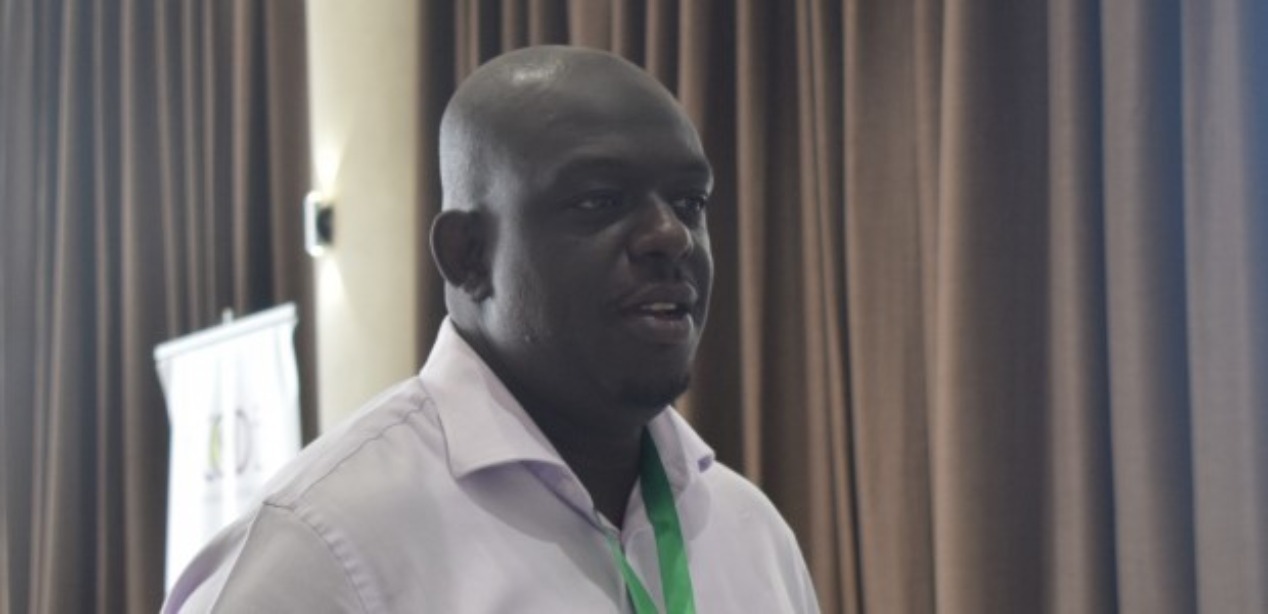From hi-tech to pen and paper: Learning from other Hewlett Foundation grantees in Africa
"Between you and the President, who is the boss?"
Al Kags, founder of Kenya's Open Institute, is explaining how he and his colleagues put this question to communities they work with. Open Institute works with communities to help them gather information about their lives - what they need, the challenges they face - and those communities can then use this data to advocate for changes in policy or service delivery.
He explains that this leads to lively debate and that citizens usually, and perhaps reassuringly, conclude that they, the people, are the President's boss. Or at least they should be.
This concept was at the heart of the event at which Al was speaking - a "horizontal learning" workshop organised by the Hewlett Foundation in Kampala, Uganda in May 2018. The Hewlett Foundation currently supports an Integrity Action programme in Kenya, and they invited us together with eight other organisations, all of which are funded through its Transparency, Participation and Accountability (TPA) programme.
The other grantees came from Kenya, Tanzania, Uganda, Ghana and Senegal, and the aim was for grantees to share what they are doing, how they do it, what's working well, and what isn't.
It was a refreshingly frank and open gathering, as described by Al in this short video posted after the event. It also exposed us to a whole range of approaches, all of which have overlapping aims concerning improved governance and service delivery through greater citizen participation.
Integrity Action, of course, has a significant technology flavour to its approach, with our tech tool DevelopmentCheck, and I enjoyed presenting this to the gathering. But it was great to see that not all tools need to be "hi-tech". The Ugandan organisation ACODE (which also hosted the convening) presented one of their tools, which is a humble diary.
A diary, you say? Like a calendar app on your phone? No, this is a hardback paper diary which is given to elected councillors each year, and which features important information that a councillor needs, key dates during the year, and on each page, a reminder of what the duties of a councillor actually are.
But the diary doesn't just exist to help councillors do their job; it also helps ACODE to monitor councillor performance. In a host of Ugandan districts, they are monitoring the attendance of councillors at key meetings, whether they do anything at these meetings, and how they respond to demands from citizens. Since councillors are using this diary to keep themselves organised, they can refer to it when explaining to ACODE's researchers what they were doing on particular days.
While I have only given a couple of examples, the event as a whole was full of them – and we took away ideas on how to package data so that it actually means something to citizens, insights on how service providers sometimes are doing their best to be responsive, and the reasons for poor service delivery might be out of their control, and much more.
We also came away with a list of great new contacts (and I daresay friends) who are all trying to tackle the same big problems as we are. It was a valuable few days and full credit to the Hewlett Foundation, and ACODE, for pulling it together.


